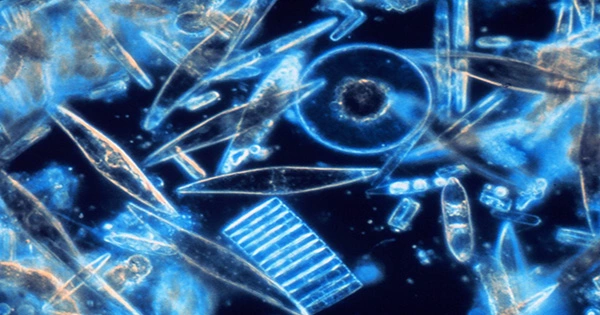According to research from the University of Texas at Austin, climate change may have a detrimental impact on tropical plankton.
Tropical plankton is a comparatively recent ocean phenomenon brought on by the last 8 million years of ocean cooling. The researchers studied Foraminifera, a class of zooplankton that lived in an area that was relatively remote from their present distribution, using microfossils. They moved toward the tropics, where they are now, as the water cooled.
Since tropical plankton is an essential part of the food chain at the base of the ecology, the results have alarming implications for the health of tropical waters and may have a detrimental effect on the people and communities that depend on them.

Adam Woodhouse, a postdoctoral fellow at the University of Texas Institute for Geophysics and the study’s main author:
“Earth’s current biosphere evolved for ice ages. By suddenly switching to an Earth of 8 million years ago, we’re not just killing off a few species, we’re changing the entire chemistry of the atmosphere and oceans, and nothing is ready for that.”
According to Tracy Aze, who worked on creating the plankton database and is an assistant professor of marine micropaleontology at the University of Leeds:
“The fact that we’ve already begun seeing an appreciable difference in the diversity of many marine groups like fish and plankton means we might be closer to certain temperature tipping points than we thought.”
Anshuman Swain, a co-leader of the study from Harvard University, however, said: Determining how the impact of climate change on those species will ripple through food webs is crucial right now.













